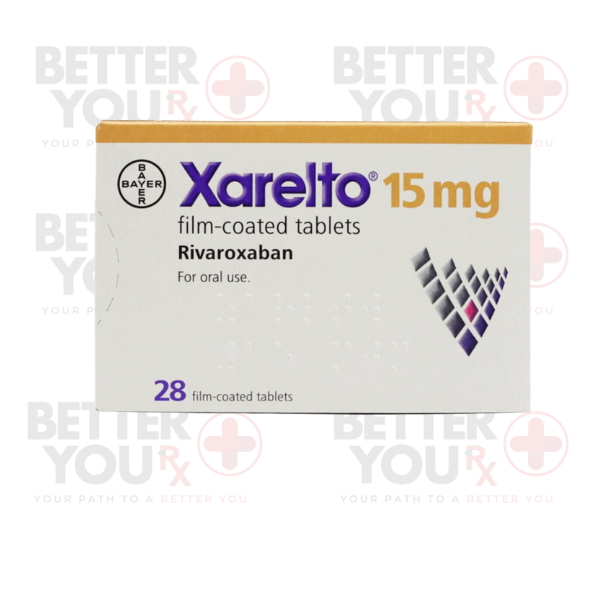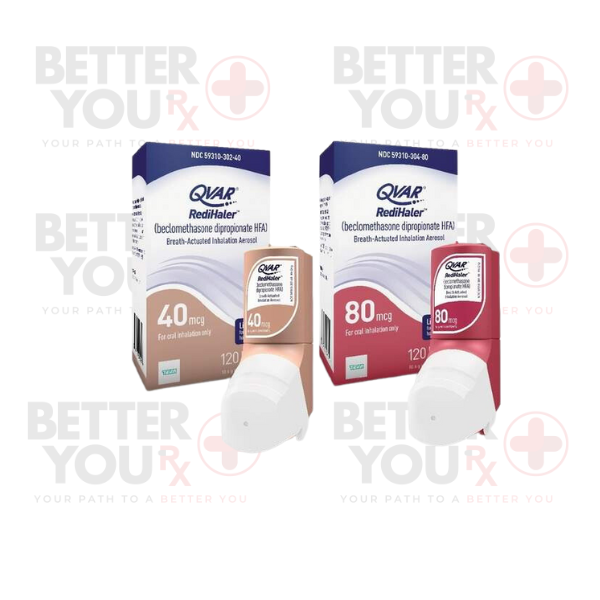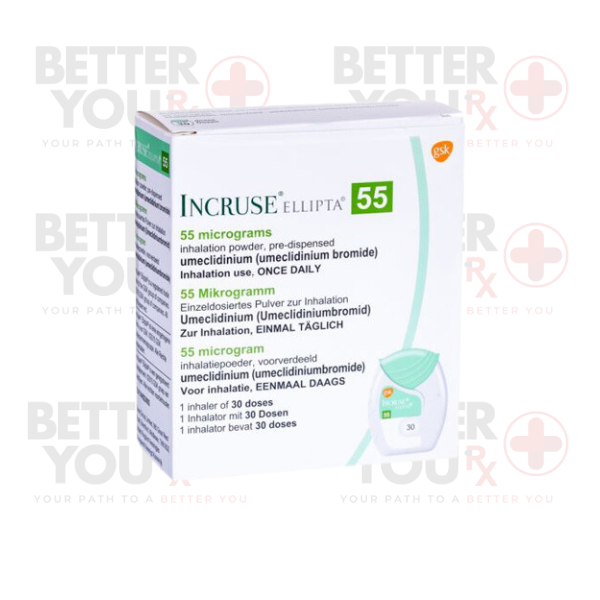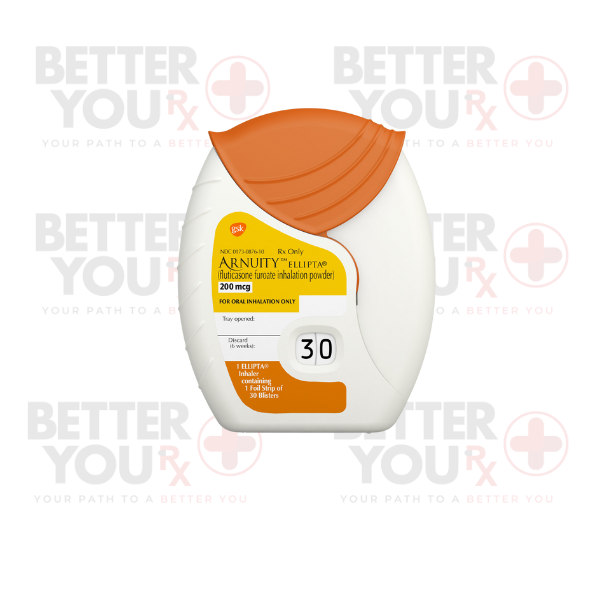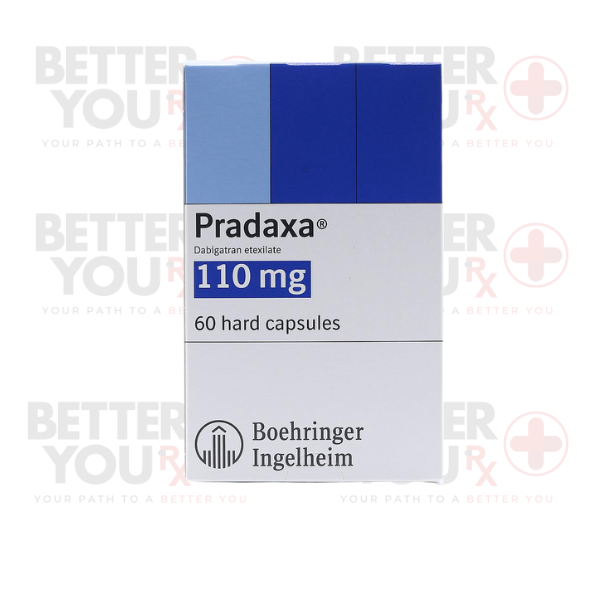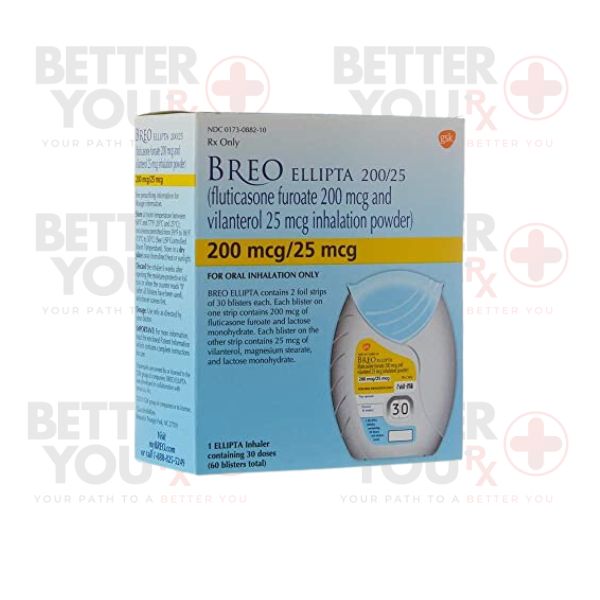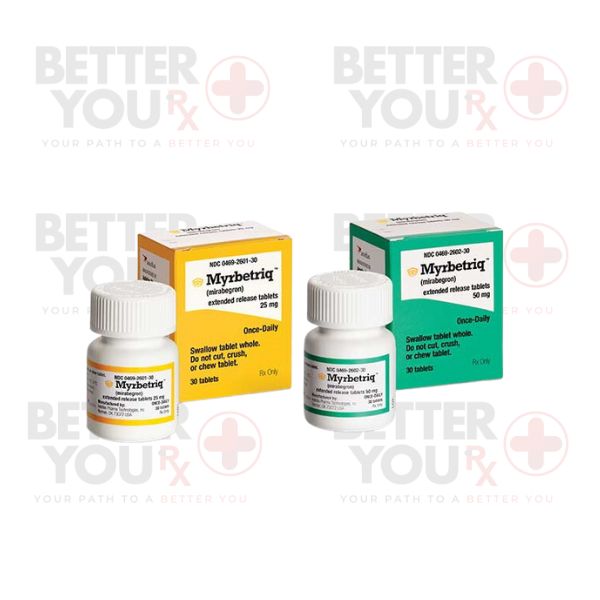| Usage |
Usage
Brimonidine ophthalmic is administered as a liquid solution for eye instillation. Typically, it is applied to the affected eye(s) three times daily. To ensure proper dosing, aim for roughly 8-hour intervals between your daily doses. Follow your prescription label's instructions diligently, and seek clarification from your doctor or pharmacist if any part is unclear. Use brimonidine eye drops precisely as prescribed; do not exceed or reduce the dosage or frequency without your doctor's guidance. While brimonidine eye drops can manage your condition, they do not cure it. Continue using them even if you feel well, and consult your doctor before discontinuing use.
To correctly instill the eye drops, follow these steps:
1. Cleanse your hands diligently using soap and water.
2. Inspect the dropper tip to ensure it is undamaged.
3. Avoid contact between the dropper tip and your eye or any other surface; maintain cleanliness of eye drops and droppers.
4. Tilt your head back and use your index finger to pull down the lower eyelid, creating a pocket.
5. Hold the dropper (tip facing down) close to the eye without touching it.
6. Steady your hand by bracing your remaining fingers against your face.
7. While looking upward, gently squeeze the dropper to release a single drop into the pocket formed by the lower eyelid. Remove your index finger from the eyelid.
8. Close your eyes for 2 to 3 minutes and tilt your head forward as if looking at the floor, avoiding blinking or squeezing your eyelids.
9. Apply gentle pressure on the tear duct using your finger.
10. Use a tissue to wipe off any excess liquid from your face.
11. If you need to administer more than one drop in the same eye, wait at least 5 minutes before proceeding.
12. Reattach and securely close the dropper bottle cap. Refrain from wiping or rinsing the dropper tip.
13. Clean your hands thoroughly to remove any residual medication.
|
| Side Effects |
Side Effects
Brimonidine eye drops may result in side effects. Please inform your doctor if you encounter any of the following symptoms, especially if they persist or worsen:
• Itchy, irritated, red, stinging, or burning eyes
• Dry eyes
• Watery or runny eyes
• Red or swollen eyelids
• Sensitivity to light
• Blurred vision
• Headache
• Drowsiness
• Difficulty falling asleep or staying asleep
• Dry mouth
• Runny nose and other cold symptoms
• Cough
• Sore throat
• Flu-like symptoms
• Pain or pressure in the face
• Heartburn
Certain side effects can be serious. If you experience any of the subsequent symptoms, promptly contact your doctor:
• Rash
• Difficulty breathing
• Seeing specks or flashes of light
• Blind spots
• Fainting
• Dizziness
• Nausea
|
| Storage |
Storage
Store this medication in its original container, securely sealed, and out of the reach of children. Store it at room temperature, and be sure to keep it away from excessive heat and moisture (do not store it in the bathroom).
Dispose of any unused medication responsibly to prevent accidental consumption by pets, children, or others. Do not flush it down the toilet. The advised approach for disposal involves using a medicine take-back program. To find a take-back program in your area, consult your pharmacist or contact your local garbage/recycling department.
It's crucial to safeguard all medications from children, as many containers, including those for eye drops, creams, patches, and inhalers, may not be child-resistant and can be easily opened by young children. To prevent accidental poisoning, always secure safety caps and promptly store medication in a safe location, one that is both out of sight and reach of children.
|
| Special Precautions |
Special Precautions
Before using brimonidine eye drops, please follow these important precautions:
1. Inform your doctor or pharmacist about any allergies you have, including brimonidine eye drops or any other medications.
2. Do not use brimonidine eye drops if you are currently taking a monoamine oxidase (MAO) inhibitor such as isocarboxazid (Marplan), phenelzine (Nardil), selegiline (Eldepryl), or tranylcypromine (Parnate).
3. Share with your doctor and pharmacist the full list of prescription and nonprescription medications, vitamins, supplements, and herbal products you are using or plan to use. Mention specific categories of drugs, including antidepressants (e.g., amitriptyline, amoxapine, clomipramine, desipramine, doxepin, imipramine, nortriptyline, protriptyline, trimipramine), barbiturates (e.g., phenobarbital, secobarbital), digoxin (Lanoxin), medications for anxiety, high blood pressure, mental health, pain, or seizures, sedatives, sleeping pills, and tranquilizers. Your doctor may need to adjust your medication doses or monitor you closely for side effects.
4. If you are using other topical eye medications, instill them either 5 minutes before or 5 minutes after applying brimonidine eye drops.
5. Notify your doctor if you frequently experience dizziness upon sitting or standing from a lying position, or if you have a history of depression, conditions affecting blood circulation (including Raynaud's disease, thromboangiitis obliterans, and circulatory problems in the heart or brain), or heart, kidney, or liver disease.
6. Inform your doctor if you are pregnant or planning to become pregnant. If you become pregnant while using brimonidine eye drops, contact your doctor. Do not use these eye drops while breastfeeding.
7. Prior to any surgical procedure, including dental surgery, inform your doctor or dentist about your use of brimonidine eye drops.
8. Be aware that brimonidine eye drops may induce drowsiness and temporarily blur your vision after application. Do not drive or operate machinery until you are aware of how this medication impacts you.
9. Consult your doctor regarding the safe consumption of alcohol while using brimonidine eye drops, as alcohol can intensify the drowsiness caused by the medication.
10. If you wear soft contact lenses, remove them before applying brimonidine eye drops. Wait at least 15 minutes after using the drops before reinserting your lenses."
Please adhere to these guidelines for the safe and effective use of brimonidine eye drops.
|


